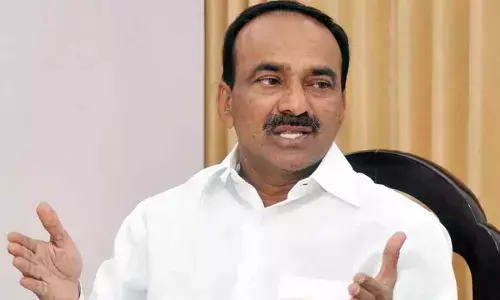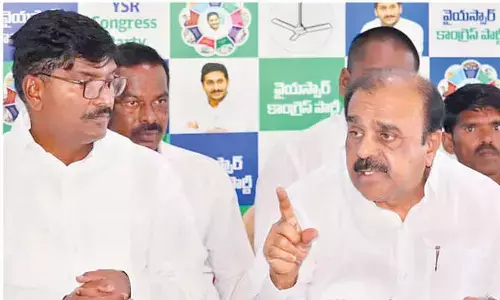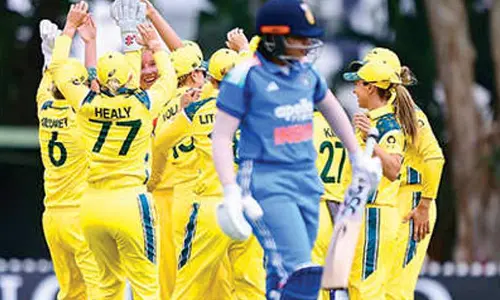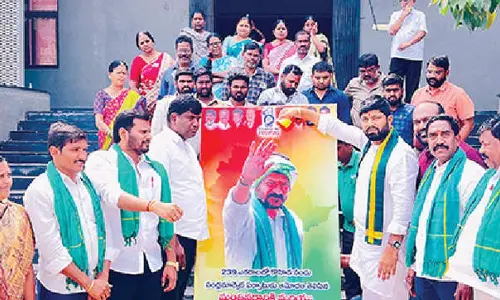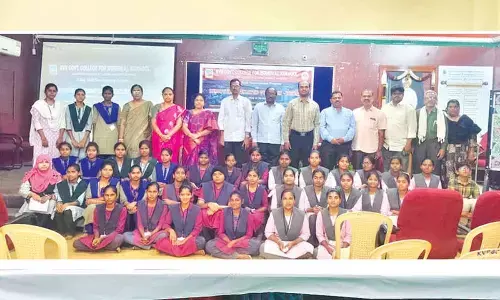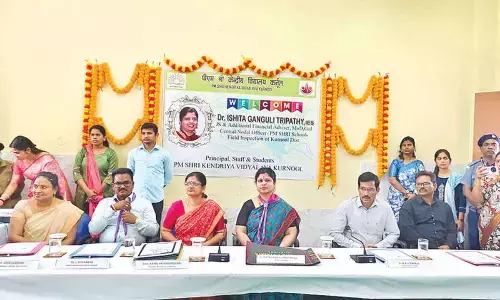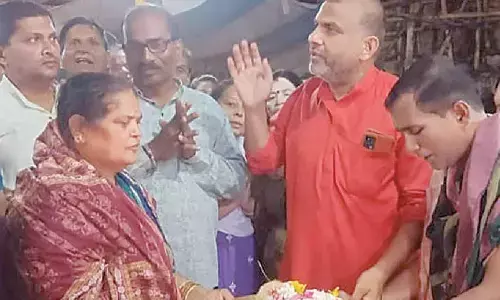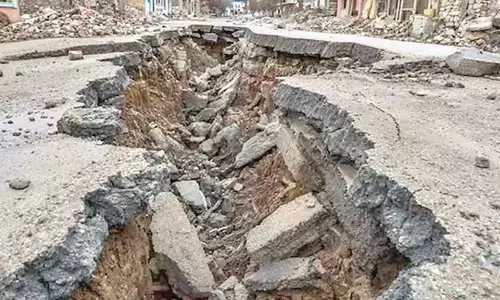SC verdict a great boon for democracy
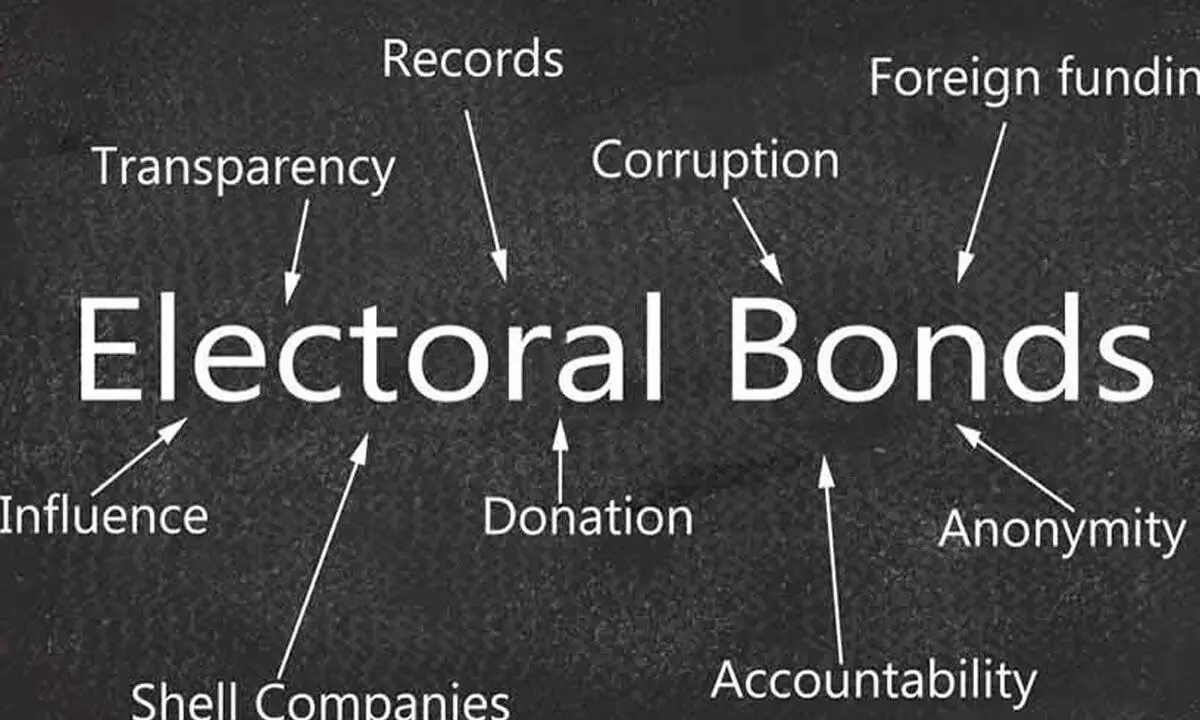
In a unanimous verdict, a 5-judge Constitution Bench of the Supreme Court on Thursday struck down the electoral bonds scheme 2018 as unconstitutional.
In a unanimous verdict, a 5-judge Constitution Bench of the Supreme Court on Thursday struck down the electoral bonds scheme 2018 as unconstitutional. Saying that financial contribution to a political party may potentially lead to quid pro quo arrangements, the judgment authored by Chief Justice of India (CJI) D.Y. Chandrachud said the electoral bonds scheme by anonymizing contributions to the political parties infringe upon the right to information of the voter provided under Article 19(1)(a) of the Constitution.
The verdict is a “great boon for democracy”, former Chief Election Commissioner S Y Quraishi said on Thursday. A five-judge apex court bench, headed by Chief Justice of India D Y Chandrachud, said the electoral bonds scheme violates the right to information and the freedom of speech and expression under the Constitution. It also ordered the State Bank of India to disclose to the Election Commission the names of the contributors to the six-year-old scheme for political funding. “This will restore people’s faith in democracy. This is the greatest thing that could have happened. This is the most historic judgement that we have got from the Supreme Court in the last five-seven years. It is a great boon for democracy,” Quraishi said.
“We were all concerned for the last so many years. Everyone who loves democracy was protesting about it. I myself wrote several articles, spoke to the media many times. And every issue that we raised has been tackled in the judgment,” he said. The former CEC also put out a post on X hailing the Supreme Court for the verdict. “Electoral Bonds declared unconstitutional by the Supreme Court. Three cheers for the SC!”
The scheme, which was notified by the government on January 2, 2018, was pitched as an alternative to cash donations made to political parties as part of efforts to bring transparency in political funding. Quraishi said making sure that the donations happen through the banking system was fine but “our contention was why a donation given to a political party should be kept a secret” “The donor wants secrecy but public wants transparency. Now why should the donor want secrecy? Because they want to hide the quid pro quo, the benefits they are getting in return, the licence, the contracts and even the bank loans with which they run away to the foreign lands. Is that why they wanted secrecy? And the government was trying to uphold the secrecy of donors... the same donors who have been donating for these 70 years. Suddenly there were in the need of secrecy. So that has now been done away with. I think it will make our democracy healthy once again,” he said. This is the best thing that could have happened to India’s democracy, he asserted.
“The fact that the court has ordered that all the donations received in the last two-three years will be refunded and they will be disclosed to the nation...that will help us know whether there had been any quid pro quo, whether there had been any donor who has been subjected to all kind of questionable pressure. A lot of things will come out from this judgement. In one word, it is a ‘historic’ judgement,” Quraishi said. Asked how it will affect the upcoming general elections, he said it would have impact “substantially but not entirely”. “Because in any case political parties have been funded in the past. They will continue to be funded in the future. But this opaque method of funding has been removed and that is the best part of it,” he said. He said what he always demanded was transparency. “Let people donate to political parties. They have been donating for 70 years, there was no problem. There was no reprisal even if you donated to opposition parties. Nobody has taken any vindictive action. Corporates have been donating to all parties contesting in same elections. The system that was working right for 70 years, the only thing there was that 60-70 per cent of donation was supposed to be in cash which was something to be worried about,” Quraishi said. (Agencies)


